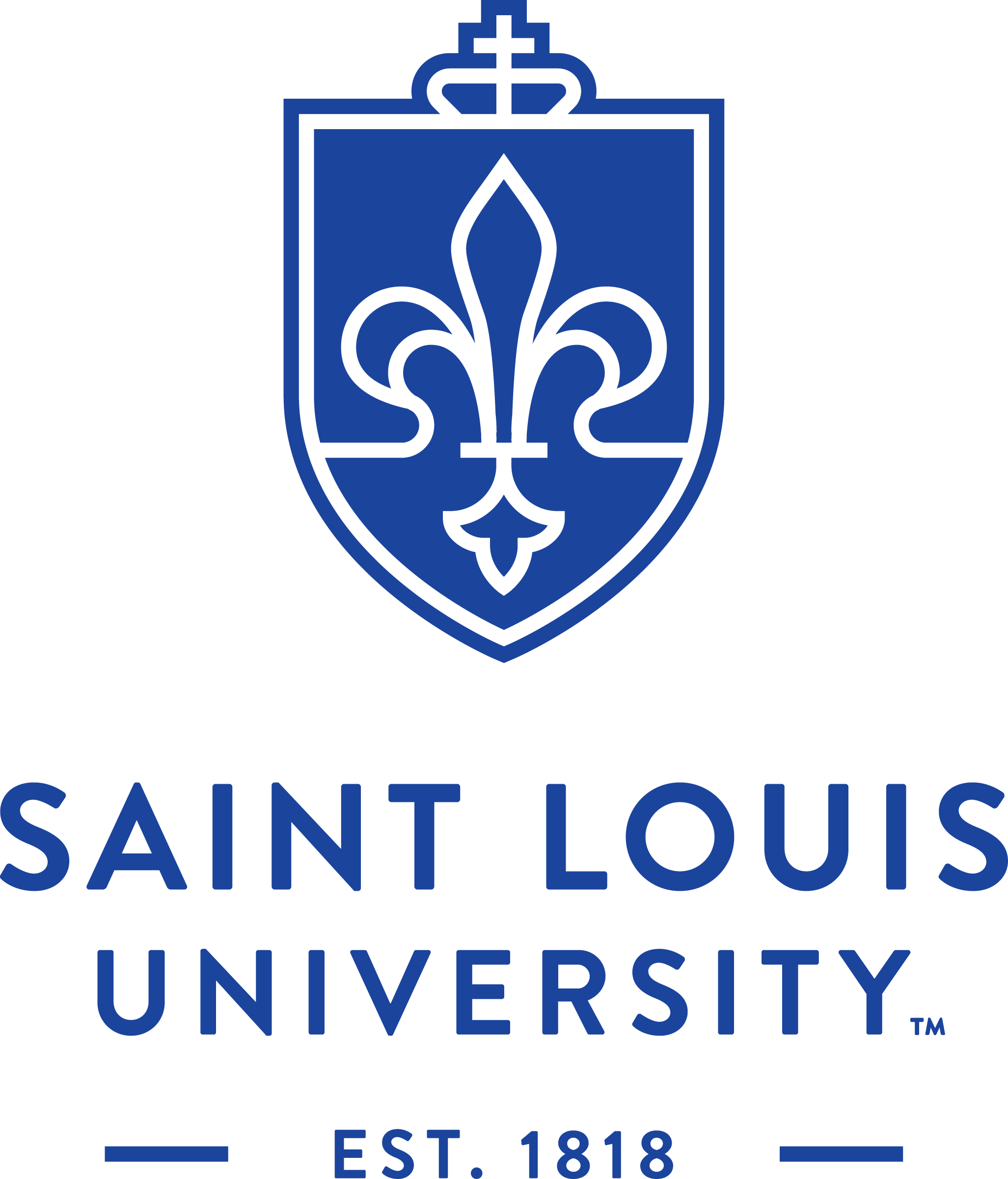Newswise — ST. LOUIS — Researcher Tim Randolph, Ph.D., professor of clinical health sciences at Saint Louis University (SLU), has been named a Senior Member of the National Academy of Inventors (NAI) for developing more accessible diagnostics for sickle cell disease.
The NAI Senior Members Program highlights academic inventors who have demonstrated a spirit of innovation in creating or facilitating outstanding inventions that have made a tangible impact on quality of life, economic development, and the welfare of society.
Sickle cell disease is an inherited illness affecting the oxygen-carrying hemoglobin in red blood cells. In those with the disease, hemoglobin is abnormal, causing red blood cells to form a shape like a sickle that does not survive long in the blood. People with sickle cell disease experience extreme pain and other serious health concerns. Left untreated, sickle cell disease is a life-threatening condition. Most who suffer from sickle cell disease are of African ancestry.
Low-cost therapies for sickle cell disease have been available for decades, but the standard testing methods remain out of reach for many in the developing world. Randolph addressed this disparity by developing new, low-cost diagnostic methods and working with clinic partners in Haiti to make the tests available.
Bernard Rousseau, Ph.D., professor and dean of the Doisy College of Health Sciences at SLU, extended his congratulations on behalf of faculty, staff, students, and alums.
"Dr. Randolph's discovery of low-cost diagnostic methods for detection of sickle cell disease has tremendously impacted increasing access to testing in areas of the developing world with the greatest need," Rousseau said.
Randolph was awarded two U.S. patents for developing new methods of detecting Hemoglobin S, the causative agent of sickle cell disease, and Hemoglobin F, a hemoglobin protein induced by a standard and widely available sickle cell treatment called hydroxyurea.
“Tim’s commitment to our Jesuit mission, the creation and implementation of knowledge for the betterment of humankind, is exemplified in decades of teaching, research, and development,” said Ken Olliff, vice president for research at SLU.
Randolph’s first patent, for Sickle Confirm, has been licensed by SLU to Randolph World Ministries, a medical ministry created by Randolph and his wife, Liz, in 2000 as a response to their calling to support the medical and spiritual needs of the people of Haiti. Randolph World Ministries provides this diagnostic to its clinic partners in Haiti and to clinics countrywide at an economically accessible cost. Providing local production and access to this testing enables patients to receive treatment for sickle cell. It drastically reduces an estimated 1,200 yearly pediatric deaths in Haiti due to sickle cell disease.
Randolph World Ministries, Inc. is constructing the first-of-its-kind Sickle Care Center in Haiti to serve sickle cell patients directly and educate and empower clinics countrywide to grow their sickle cell program. Randolph says the eventual goal is to duplicate the program in Haiti in other regions needing accessible detection methods for hematologic diseases, including sickle cell disease.
This year’s class of NAI Senior Members is the largest to date and hails from 60 NAI Member Institutions nationwide. The 2024 class also showcases the shared commitment to celebrating the diversity of the academic ecosystem, with 50% of this year’s Senior Members being outstanding female and/or underrepresented academic inventors.
A full list of NAI Senior Members is available here.
About Saint Louis University
Founded in 1818, Saint Louis University is one of the nation’s oldest and most prestigious Catholic institutions. Rooted in Jesuit values and its pioneering history as the first university west of the Mississippi River, SLU offers more than 15,200 students a rigorous, transformative education of the whole person. At the core of the University’s diverse community of scholars is SLU’s service-focused mission, which challenges and prepares students to make the world a better, more just place.

